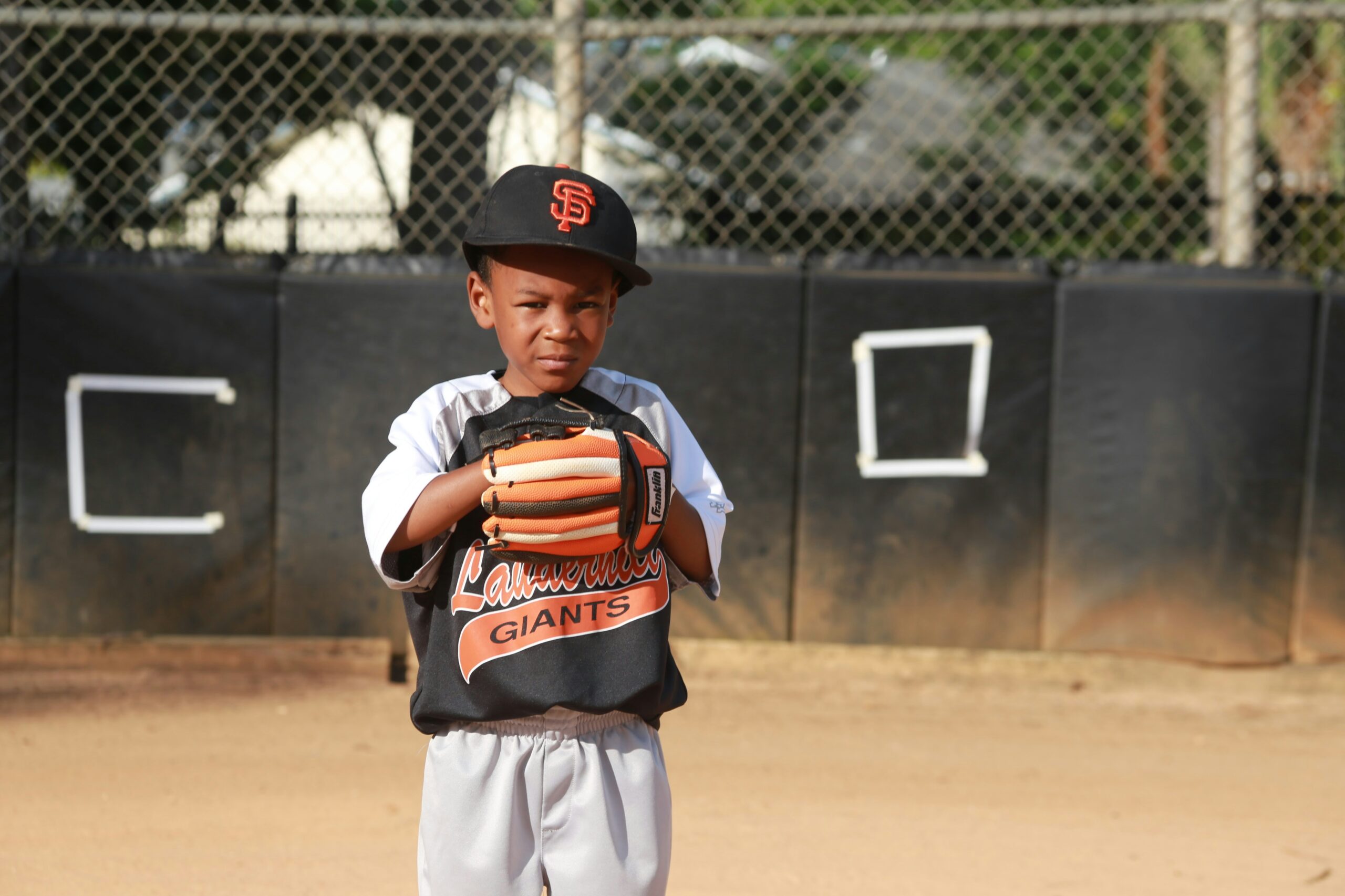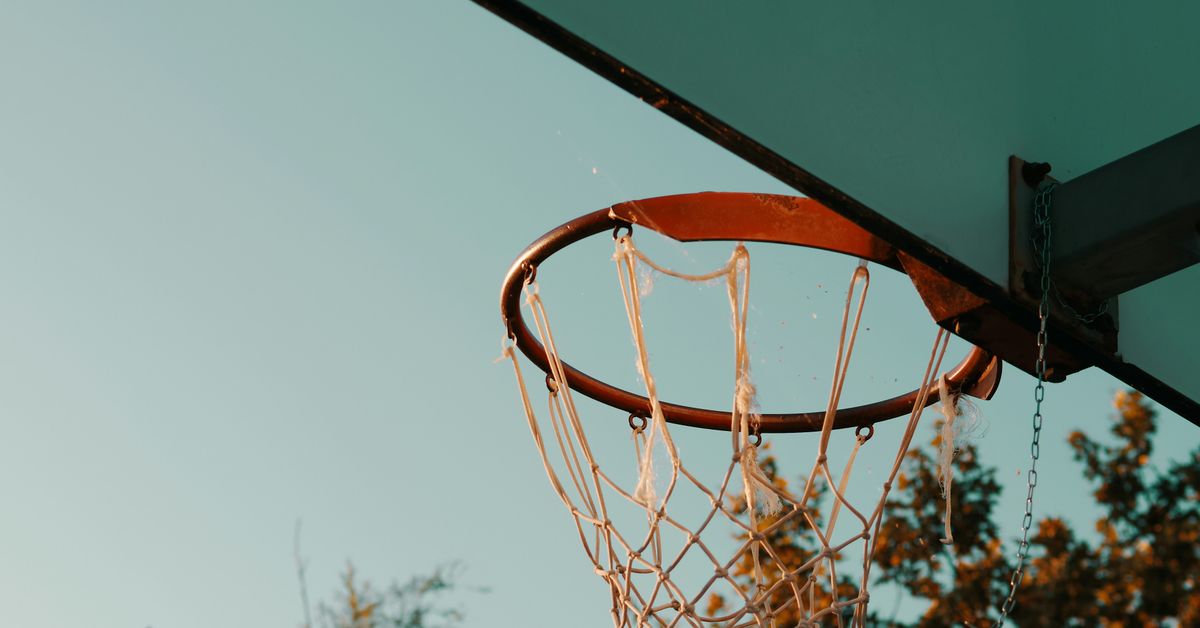Maximizing Recovery and Performance: The Role of Sleep in Sports
Sleep is a crucial component of athletic performance and recovery, often overlooked in the pursuit of physical excellence. Athletes who prioritize adequate and high-quality sleep not only enhance their performance but also reduce the risk of injuries and promote overall well-being. This article explores the intricate relationship between sleep and sports, offering insights into how optimizing sleep can lead to maximized recovery and peak performance.
The Importance of Sleep for Athletes
Quality sleep plays a pivotal role in various physiological and psychological processes that are essential for athletes:
- Physical Recovery: During sleep, the body undergoes repair and regeneration processes. Muscles recover, tissues heal, and energy stores replenish, crucial for athletes who subject their bodies to intense physical exertion.
- Cognitive Function: Sleep is vital for cognitive processes such as decision-making, reaction time, and concentrationskills critical in sports that require quick thinking and precise execution.
- Hormonal Balance: Hormones like growth hormone (GH) and testosterone, important for muscle repair and development, are primarily released during deep sleep stages.
- Immune Function: Sleep supports immune function, reducing susceptibility to illness and ensuring athletes can maintain consistent training schedules.
Effects of Sleep Deprivation on Athletic Performance
Conversely, inadequate sleep or poor sleep quality can have detrimental effects:
- Increased risk of injuries due to impaired coordination and slower reaction times.
- Reduced endurance and stamina, leading to decreased performance during training and competitions.
- Impaired muscle recovery and repair, prolonging recovery times between sessions.
- Decreased motivation and increased perception of effort, which can hinder training intensity and progression.
Optimizing Sleep for Athletes
To maximize recovery and performance, athletes should focus on improving their sleep hygiene:
- Consistent Sleep Schedule: Going to bed and waking up at the same time every day helps regulate the body’s internal clock.
- Create a Restful Environment: Ensure the sleep environment is cool, dark, and quiet, promoting uninterrupted sleep.
- Avoid Stimulants: Limit caffeine and nicotine intake, especially in the hours leading up to bedtime.
- Limit Screen Time: Blue light from screens can disrupt melatonin production. Implement a screen-free wind-down routine before bed.
- Manage Stress: Techniques such as meditation, deep breathing, or journaling can help athletes unwind before sleep.
Case Studies and Examples
Several athletes have credited improved sleep habits with enhanced performance:
“After prioritizing sleep and sticking to a regular bedtime, I noticed I could push harder during training and recover faster between games. It’s made a significant difference in my performance.” Professional basketball player.
Research studies have also highlighted the benefits of sleep extension in athletes, showing improved sprint times, accuracy in shooting, and overall mood.
Conclusion
Sleep is not merely downtime for athletes but a critical component of their training regimen. By recognizing and prioritizing the role of sleep in maximizing recovery and performance, athletes can gain a competitive edge and sustain long-term athletic success. Incorporating good sleep practices alongside physical conditioning and nutrition is essential for achieving peak performance in sports.
For athletes striving to excel, improving sleep quality and quantity should be considered an integral part of their overall training strategy.




